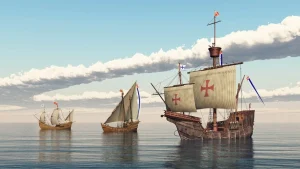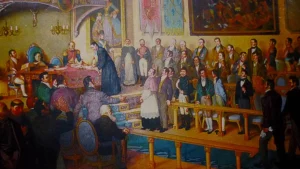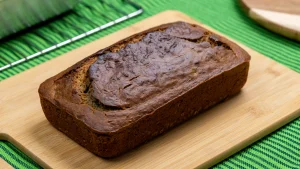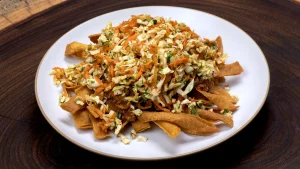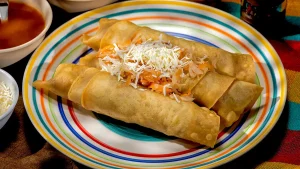Epoch Contemporary of Honduras
During the first half of the 20th century, the economy of Honduras was dominated by American companies such as the United Fruit Company, the Standard Fruit Company, and the Cuyamel Fruit Company, which established huge banana plantations along the northern coast. These companies quickly made banana the country’s main export product in exchange for significant concessions from the conservatives. Thus, foreign capital, life on the banana plantations, and the conservatives were determining factors in Honduran politics from 1888 until the mid-20th century.
Manuel Bonilla came to the presidency of Honduras through the use of arms. Once in power, he proved to be a better friend to the banana companies than his predecessor, Terencio Sierra. During his administration, these companies obtained tax exemptions and permits for the construction of docks and roads, as well as the permission to obtain charters for the construction of the new National Railroad of Honduras. One of his major achievements was the delimitation of the border with Nicaragua, especially in the La Mosquitia region, which had been a long-standing dispute.
During the administration of Miguel Rafael Dávila Cuéllar, the United States attempted to end Central American conflicts through the Central American Peace and Friendship Treaty of 1907. However, from 1920 to 1923, there were seventeen uprisings or attempted coups in Honduras. This further contributed to the political instability of the country. Vicente Mejía Colindres assumed office in 1929 with great hopes for his administration and his nation. Honduras seemed to be heading towards political and economic progress. But many of Mejía Colindres’ hopes faded with the onset of the Great Depression.
Doctor and General Tiburcio Carías Andino ruled Honduras dictatorially during the Great Depression until 1948. During his government, the country’s fiscal situation improved significantly. He modernized the armed forces and made slight improvements in education and infrastructure in Honduras. He also brought order and a relative peace that the country had not experienced, although he had to resort to repression to achieve it. Pressured by the government of the United States of America, General Carías allowed free elections in the country. However, Carías found ways to exert his influence and nominated Lawyer Juan Manuel Gálvez as the candidate for the National Party.
Juan Manuel Gálvez won the elections without any opposition. During his government, Gálvez followed most of the fiscal policies of the Carías administration, reducing external debt and fully paying off British bonds. The fruit companies continued to receive favorable treatment from Gálvez. Additionally, Gálvez introduced some notable changes compared to the previous fifteen years. Education received greater attention and a larger share of the national budget. The most evident change was in the political arena. A considerable degree of press freedom was restored. The Liberal Party was allowed to reorganize, as well as other political groups. Furthermore, workers also benefited during his government.
